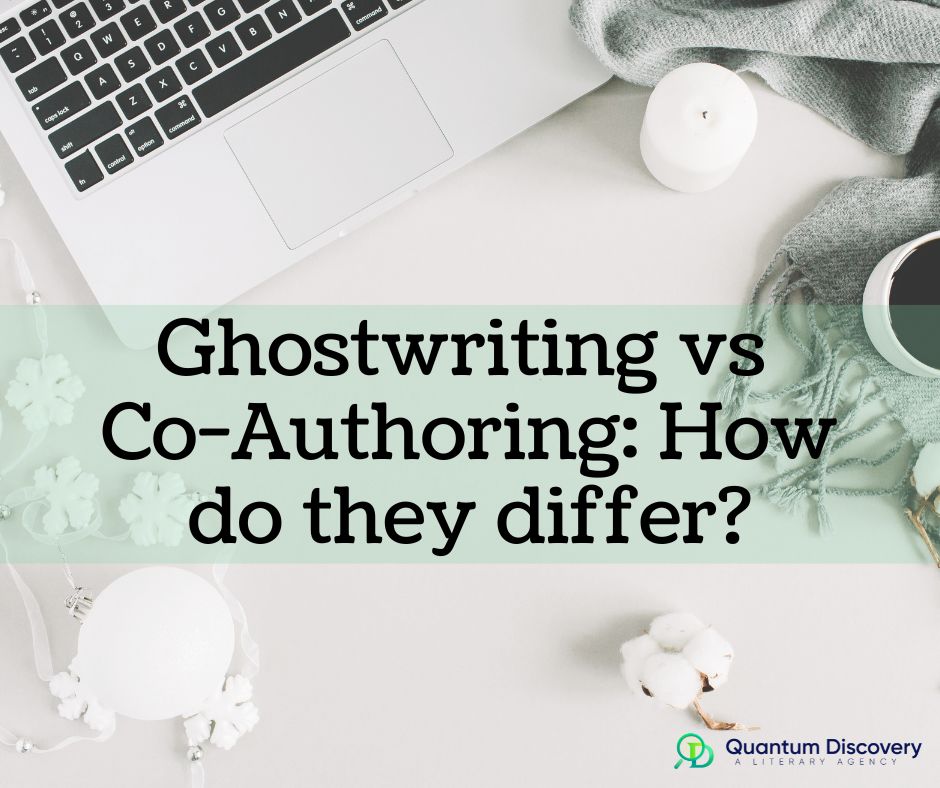Some people confuse ghostwriting and co-authoring, although they’re two distinct types of writing. Countless ways can be found in which they diverge.
Co-authorship vs Ghostwriting
Ghostwriting
It may be used to develop an existing piece of literature or to initiate a brand new piece of work. However, ghostwriting includes the client’s input and direction.
Co-authoring
It is when you and an author work together and put in the time and effort required to finish a writing project.
Credit
Co-author
is credited as a co-author and included in the book’s authorship.
A co-author cares about the client’s goals and views the book as a chance to express their creativity.
Ghostwriter
They do not appear to be the author of the work. In terms of credit, they are a phantom. What this means is that a ghostwriter typically does not gain
book’s authorship, even though the final product is technically the ghostwriter’s.
A ghostwriter’s first loyalty is to the customer, and the manuscript’s success only afterward.
What Comes Next, After the Book Is Written?
Co-author
Co-authors can have agendas that diverge from yours for a book even after it’s written.
It’s essential to remember that your co-author is an individual with their own goals and aspirations and that their ideas for the book’s marketing and classification within a genre may diverge significantly from your own.
Ghostwriter
They have your best interests at heart and want to see you succeed in writing the book of your dreams. They will offer suggestions and feedback to help you along the way but ultimately let you make all the crucial calls. Instead of a collaborator trying to influence the course of your work, a ghostwriter can offer little guidance as you need.
How do they function?
Ghostwriting
The most common reasons for why someone would hire a ghostwriter are The most common reasons for why someone would hire a ghostwriter are listed below.
As a result, they come to me, or someone like me, to take their rough draft, their notes and ideas, and whatever else they’ve written thus far and turn it into a finished book.
Co-authoring
It changes greatly depending on the type of cooperation. Most of the time, authors work together to develop a book’s plot and idea, and each author has a big say in the book’s direction and content.
Chapter by chapter, for example, each author is responsible for a section of the novel but still uses the same outline and general approach.
Sometimes they’ll share an office, with one person typing while the other provides feedback and ideas. In some cases, the authors work together on the book chapter by chapter, trading drafts back and forth until they have a good ending.
Numerous groups of people might decide to collaborate on a book, and there are just as many reasons why someone might choose a ghostwriter.
Knowing the distinctions between the two will help you focus your search and find what you need. Do not seek a ghostwriter if you want to collaborate on writing and share royalties with another author. It’s an entirely new kind of connection and interaction.
